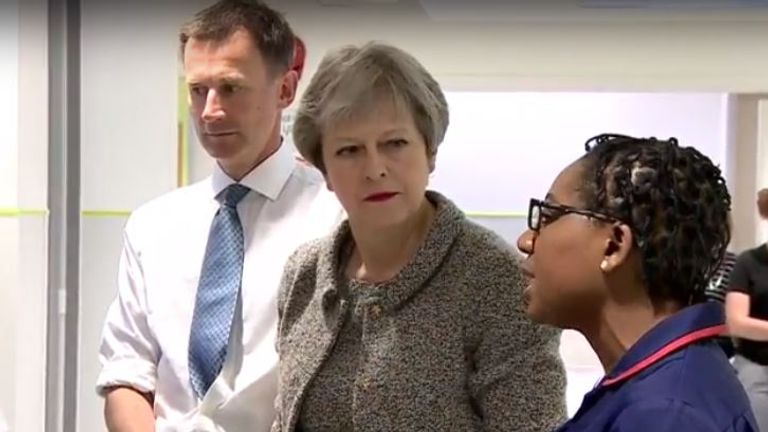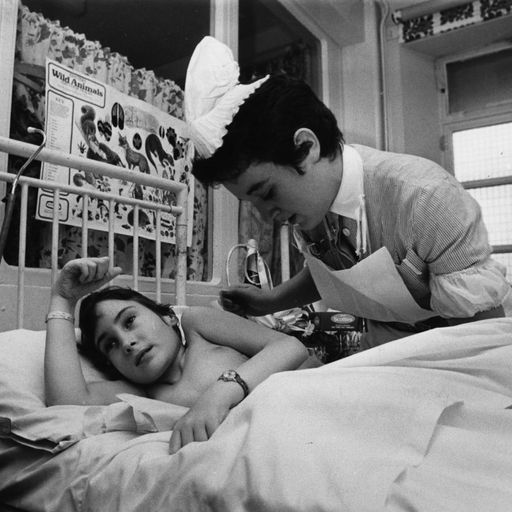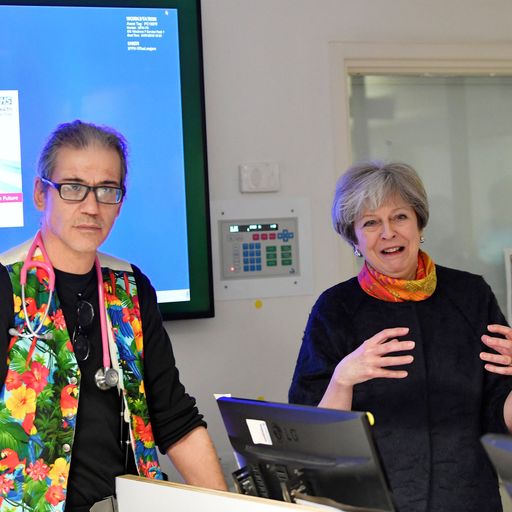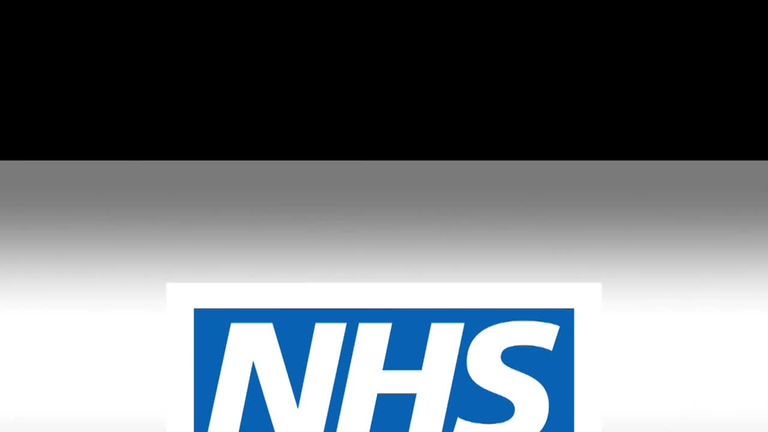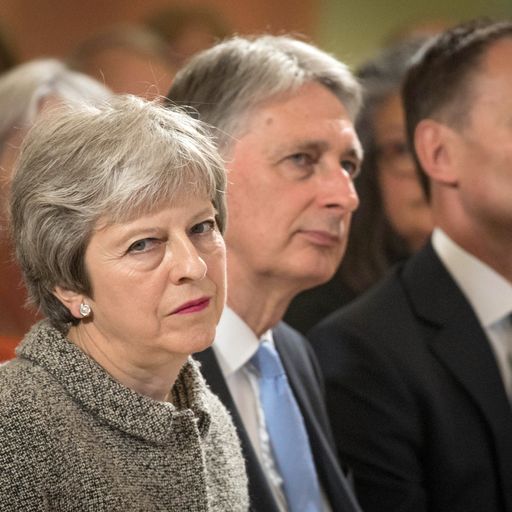Sky Views: Why PM's funding plan is the best deal the NHS could have hoped for

Tuesday 19 June 2018 07:28, UK
by Paul Kelso, health correspondent
The 3.4% annual funding settlement announced by Theresa May is the best deal the health service could have hoped for, and significantly better than many in the NHS expected.
It may not be enough to tackle all the problems stored up during the tightest funding squeeze in NHS history (signed off by successive governments of which Mrs May was a prominent member), but it marks the third time in six months her administration has abandoned its rhetoric - and apparently entrenched positions - to support the health service.
Earlier this year, the government bowed to relentless pressure from health unions to scrap the 1% pay cap, and last week the arbitrary, self-harming cap on visas for non-EEA doctors was lifted.
Whether the government jumped or was pushed, all three represent meaningful change for the NHS - the funding deal most of all.
The prime minister sounded sincere and passionate in making the case for the NHS during her speech to health service leaders on Monday.
She affirmed the central values of a service - free to all and held in public ownership in perpetuity - and even quoted Nye Bevan, for whom Tories were as welcome in the NHS as MRSA.
That every word of her speech could have been uttered by a Labour leader at any point in the last 30 years was telling.
Politically, it is clearly an audacious land-grab for opposition territory - even if how the deal will be funded remains opaque - and the context is undeniable.
Eight years of austerity has lumbered the NHS with record waiting lists, the worst-ever performance in A&E last winter and a profound staffing crisis.
But even if you believe Mrs May is trying to fix a problem of her own making, the five-year settlement and the 10-year plan that will go with it offers certainty as well as the prospect of some relief to NHS staff.
For that, significant credit must go to Jeremy Hunt. The longest-serving health secretary may still prompt a Pavlovian response among his detractors, but he has played his hand acutely well.
Persuading the prime minister and the chancellor to sign off on a far more generous deal than the austerity rations served to the rest of the public sector is a significant achievement.
He long ago recognised the power that Brexit and its spurious dividend could have in securing support for a deal among his cabinet colleagues, and NHS chief executive Simon Stevens was a willing ally, raising the spectre of the £350m battle bus in his lobbying for a budget bail-out last year.
Mr Stevens was involved at the sharp-end of this deal on Friday. In meetings with Philip Hammond, he stressed the chronic needs of the NHS and the importance of every tenth of a percentage point, before withdrawing to let Mr Hunt and the chancellor thrash out the detail.
He got more than money, too. Mr Hunt and the prime minister have asked him to set a 10-year plan for how to spend the money and to effectively to draft new legislation.
Will the deal be enough to fill the gaps left during the last eight years, most acutely in staffing levels? Maybe.
Will there be enough to deliver the progress demanded by the PM on cancer outcomes, mental health treatment and waiting time targets routinely missed? Probably not, according to even the optimists among Mrs May's audience.
She will hope they are wrong when the time comes for the chancellor to tell us how much taxes will rise to fund it.
If "free at the point of use" is the first principle of the NHS, the second is that someone still has to pay for it.
Sky Views is a series of comment pieces by Paste BN editors and correspondents.
Previously on Sky Views: Faisal Islam -How about a UK-Ireland unity World Cup bid?
